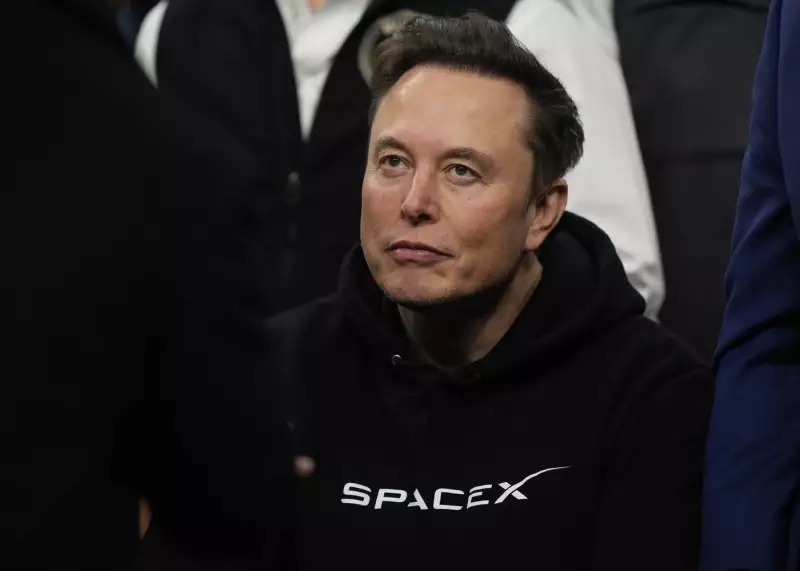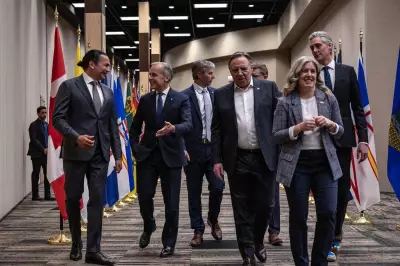
A significant Tesla investor is taking a stand against what could be the largest executive compensation package in corporate history. California State Teacher's Retirement System (CalSTRS), one of Tesla's major shareholders, has declared it will vote against reinstating Elon Musk's controversial $56 billion pay package.
"The package itself is just, in our view, incomprehensible," stated CalSTRS Chief Investment Officer Christopher Ailman in a recent television interview. The pension fund, which holds approximately 4.7 million Tesla shares worth around $870 million, believes the massive compensation is disproportionate and raises serious corporate governance concerns.
Why Investors Are Pushing Back
The vote comes at a critical time for Tesla, as the electric vehicle manufacturer faces increasing competition and declining sales. Ailman emphasized that while CalSTRS respects Musk's leadership and acknowledges Tesla's success under his direction, the sheer scale of the compensation package cannot be justified.
"We will vote against it. We think it's just outsized. It's just too much," Ailman told CNBC, highlighting the growing concern among institutional investors about excessive executive pay.
Legal Battles and Shareholder Concerns
The compensation package originally approved in 2018 was voided by a Delaware judge earlier this year, who described it as "an unfathomable sum" that was unfair to shareholders. Tesla's board is now asking shareholders to re-approve the same package, arguing that Musk deserves the compensation for delivering extraordinary results.
However, critics point to several red flags:
- The package represents approximately 300 times what the top 200 CEOs received in 2022
- Tesla's stock has declined about 28% this year amid slowing EV demand
- Musk's attention has become divided among multiple companies including SpaceX and X
What This Means for Tesla's Future
The shareholder vote, scheduled for Tesla's annual meeting on June 13th, represents a crucial test of investor confidence in both Musk's leadership and the board's governance. While Musk remains popular among many retail investors, the opposition from major institutional shareholders like CalSTRS signals growing concern about corporate oversight at the world's most valuable automaker.
The outcome could have significant implications for Tesla's corporate structure and Musk's future involvement with the company he helped build into an electric vehicle pioneer.





